The human need for meaning, in what can appear a meaningless world, is a cause for extreme pessimism, argued Norwegian philosopher Peter Wessel Zapffe. The little-known thinker and mountaineer gives voice to the darkest, most despairing of human feelings – and despite the heartache at the core of that voice, it is outstandingly beautiful. Sam Woolfe argues, what Zapffe forgets, is that human consciousness, although giving rise to the tragic in life, also gives birth to existential joy.
The Norwegian philosopher Peter Wessel Zapffe is little-known to most Anglophone readers. He was greatly inspired by Arthur Schopenhauer and has been called one of the “bleakest thinkers of all times and places”. Zapffe was also an avid mountaineer and a friend of fellow Norwegian philosopher – and originator of deep ecology – Arne Næss. His only major work is his doctoral dissertation On the Tragic (1941), which has still never been translated into any other language. Fortunately, though, we can familiarise ourselves with some of the themes and ideas expressed in this work through a short essay that Zapffe wrote, one of his few works to ever be translated into English.
The Last Messiah is a 1933 essay that encapsulates Zapffe’s view on the human condition and stands out as an important work in the sphere of philosophical pessimism. The views expressed can be classed as a kind of evolutionary existentialism, in that Zapffe propounds a view on the nature of human existence that incorporates an evolutionary perspective. The Last Messiah summarises the thoughts that Zapffe would later express in On the Tragic. The horror writer Thomas Ligotti also frequently references Zapffe’s essay in his non-fiction, pessimistic work The Conspiracy Against the Human Race: A Contrivance of Horror (2010).
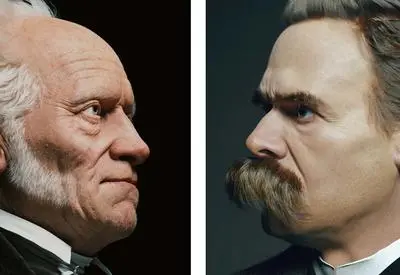 SUGGESTED READING
Schopenhauer vs Nietzsche: The meaning of suffering
By Joshua Foa Dienstag
SUGGESTED READING
Schopenhauer vs Nietzsche: The meaning of suffering
By Joshua Foa Dienstag
Zapffe’s Analysis of the Human Condition
For Zapffe, existential angst, despair, and depression are due to our overly evolved intellect. He believed – as he argues in The Last Messiah – that we have an overabundance of consciousness, we essentially think too much for our own good. He refers to the human being as “a biological paradox, an abomination, an absurdity, an exaggeration of disastrous nature.” Rust Cohle, a nihilistic character in the series True Detective, expresses the same view: “I think human consciousness is a tragic misstep in evolution.”
In his essay, Zapffe goes on to say that we are a species that “had been armed too heavily” – for after all, what animal needs to be aware of its own mortality, or needs to be so prone to anxiety? For Zapffe, our becoming mentally over-equipped has resulted in us becoming “fearful of life itself”, of our “very being”. The degree to which we are conscious of reality, which is unlike any other species, also means that we have become acutely aware of the suffering of billions of people and sentient life on the planet. As Aldous Huxley observed in his novel Chrome Yellow (1921):
If one had an imagination vivid enough and a sympathy sufficiently sensitive really to comprehend and to feel the sufferings of other people, one would never have a moment’s peace of mind.
Zapffe’s point is that our imagination is this vivid naturally; we can’t help but let “the suffering of human billions” enter into our awareness through the “gateway of compassion”. And such a clear-eyed view of reality is overwhelming. In a rather evocative passage, Zapffe writes:











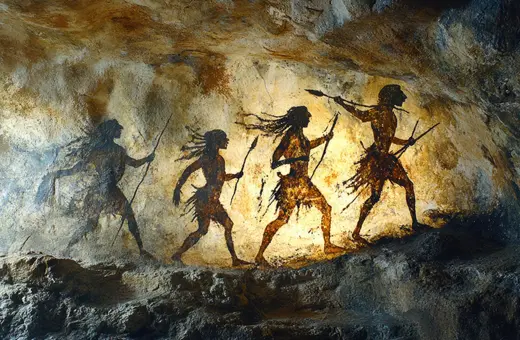



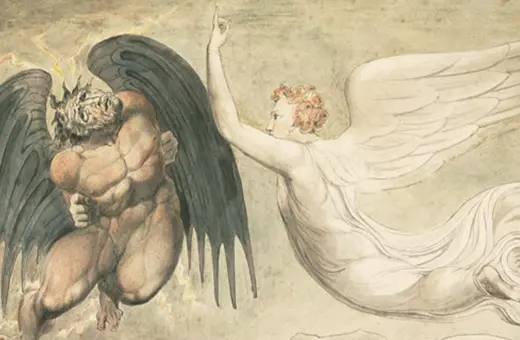
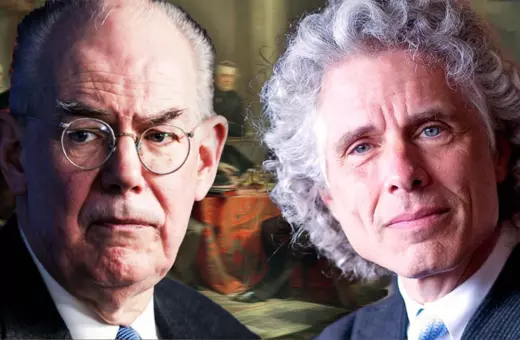
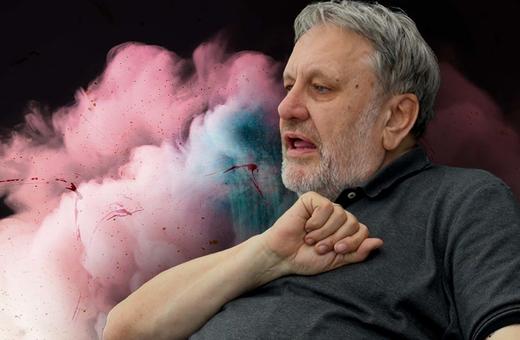



Join the conversation